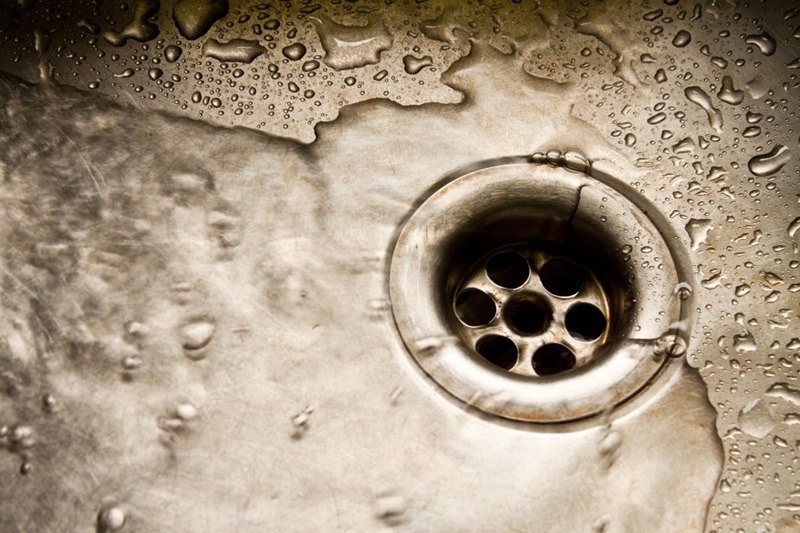Clogged drains are among the most frequent and troublesome plumbing problems homeowners encounter. From slow-draining sinks to backed-up showers and stubborn kitchen drains, these issues can quickly disrupt your routine. Without timely attention, they may even cause water damage or lead to more costly repairs. That’s why exploring the right clogged drain solutions is essential for maintaining a smooth and functional plumbing system.
In this post, we’ll cover the most effective ways to clear blocked drains, the typical causes behind them, and how to prevent future clogs. One modern approach gaining popularity is video pipe inspection, a precise method used by professionals to locate the exact source of a blockage. This technique not only saves time and money but also ensures a more accurate and long-lasting fix.
Common Causes of Drain Clogs
Before we dive into the solutions, it’s helpful to understand what’s causing the clog in the first place. The most common causes include:
- Hair buildup in bathroom sinks and showers.
- Grease and food debris in kitchen drains.
- Soap scum and mineral buildup.
- Foreign objects, like toys or hygiene products.
- Tree roots growing into sewer lines.
- Aging or deteriorating pipes.
Identifying the cause can help you choose the right solution and prevent recurring issues.
Top Clogged Drain Solutions That Actually Work
1. Plunging
The simplest place to start is with a plunger. It’s best for shallow clogs in sinks, toilets, and bathtubs. A few vigorous plunges often dislodge the blockage and allow water to flow freely again. Be sure to use the correct type of plunger for each fixture.
2. Drain Snaking
Also known as a plumber’s auger, a drain snake is a flexible metal cable that reaches deep into the drain to physically break apart or retrieve the blockage. This is especially effective for hair clogs or deeper blockages that plunging can’t reach.
3. Enzyme Cleaners
Enzyme-based cleaners are a more eco-friendly option compared to harsh chemicals. These use natural bacteria or enzymes to eat away at organic matter like food particles, grease, and hair. While not instant, they’re great for ongoing maintenance and prevention.
4. Hydro Jetting
When dealing with severe or stubborn clogs, professionals often use hydro jetting. This method involves blasting high-pressure water through the pipes to remove grease, roots, and other obstructions. It’s highly effective and helps clean the entire pipe wall.
5. Professional Drain Cleaning Services
If the clog persists or you’re dealing with repeated backups, it’s best to call a licensed plumber. Professionals have the tools and expertise to assess the problem, whether it’s a clog or a more serious issue like a collapsed pipe.
Warning: Avoid Harsh Chemicals
While store-bought chemical drain cleaners seem like a quick fix, they often do more harm than good. They can corrode pipes, especially older ones, and don’t always resolve the underlying problem. If used excessively, they may lead to expensive repairs down the line.
Preventing Future Clogs
Once you’ve solved the current issue, it’s smart to take steps to prevent future clogs. Here’s how:
- Install drain screens in sinks and showers to catch hair and debris.
- Never pour grease or oil down the kitchen drain.
- Flush drains regularly with hot water or enzyme treatments.
- Avoid flushing non-flushables, even if labeled “flushable.”
- Schedule annual inspections, especially if your home has older plumbing or large trees nearby.
Signs You Need Professional Help
Some clogs are minor and manageable with DIY methods, but others require a professional touch. Call a plumber if:
- Multiple drains are backing up at once.
- You hear gurgling sounds or smell foul odors from the drain.
- You’ve tried basic methods with no improvement.
- You suspect a problem in your sewer line.
Getting help early can save you from costly water damage or pipe replacements.
Final Thoughts
Ignoring a clogged drain won’t make it go away—it usually makes things worse. By identifying the cause early and applying the right clogged drain solutions, you can avoid bigger plumbing issues and keep your home running smoothly.
Whether you opt for plunging, snaking, or hiring a professional, regular maintenance and a little preventative care can go a long way. Keep your drains clear, your pipes flowing, and your home safe from unnecessary plumbing disasters.
FAQs About Clogged Drain Solutions
Q1: What’s the fastest way to unclog a drain?
A: A plunger or drain snake typically offers the fastest and most reliable results for minor clogs.
Q2: Can baking soda and vinegar really unclog drains?
A: This mixture can help break up small organic clogs but may not be effective for more severe blockages.
Q3: How often should I clean my drains?
A: Preventative cleaning every 1-2 months can help avoid buildup and clogs.
Q4: Are chemical cleaners safe for all pipes?
A: No, many can corrode pipes over time. Enzyme cleaners or mechanical methods are safer.
Q5: How do I know if the clog is in my main sewer line?
A: If multiple drains are backing up and you notice a strong odor, it’s likely in the main sewer line and requires professional help.











































